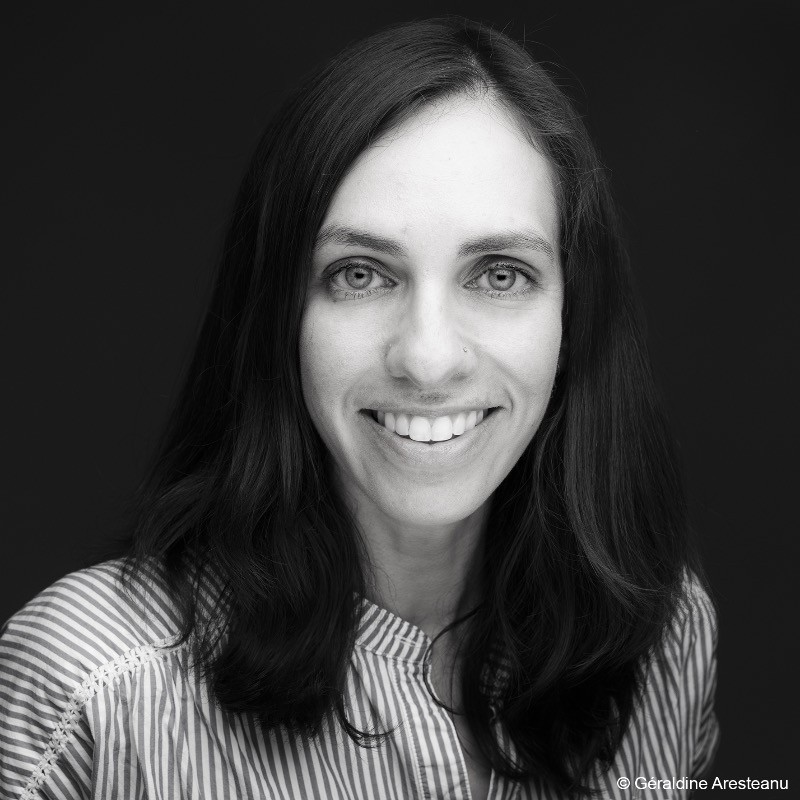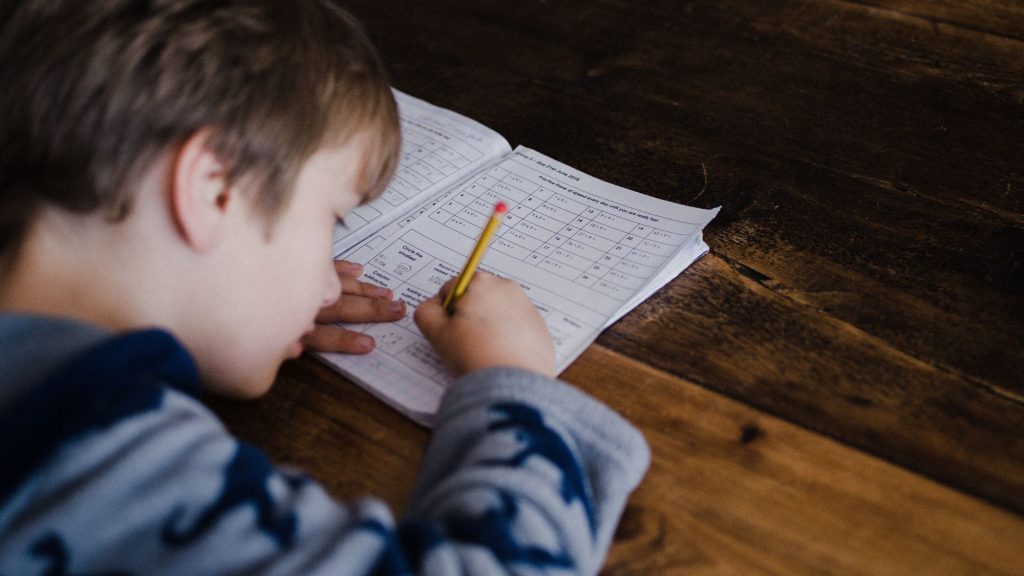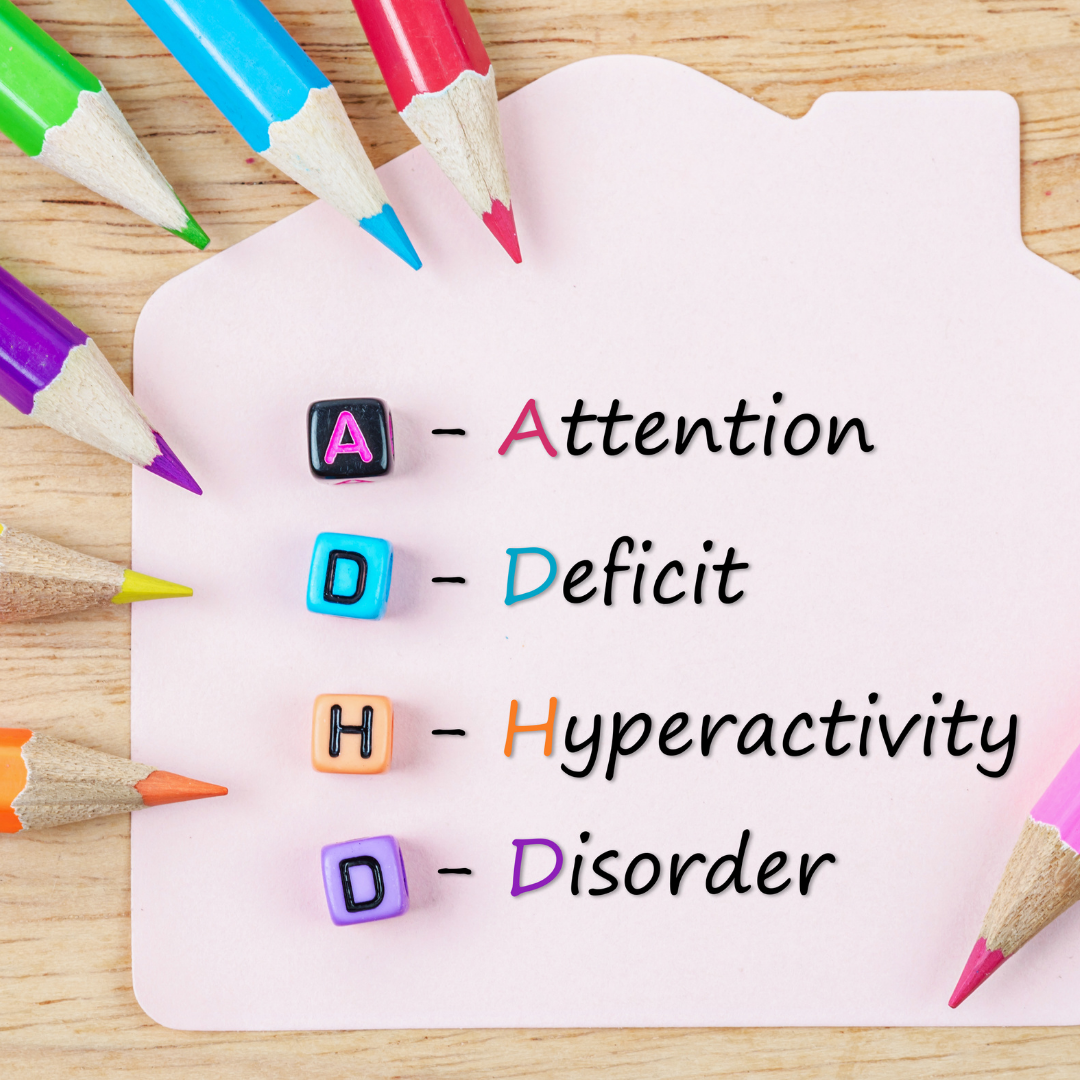By Anjali Morard
Our brains are constantly changing. Even as adults, we can learn new skills, meet new people, or, conversely, almost completely forget people we knew years ago and used to think about every day. Children’s brains are especially changeable, or “plastic” as neuroscientists say. This is why they can learn things, like new languages, so much more quickly than we adults can. And it’s also why their accents are better than ours. After childhood, it is much harder to pick up a language to the extent that you sound like a native speaker.
We can see the difference between the brain of one person who learned two languages at the same time and that of another person who learned their second language later. Using fMRI scanners to see where blood flows in the brain, scientists have examined fluent bilingual speakers while they use each of their languages. In bilinguals who learned both of their languages at the same time and so, in essence, have two mother tongues, their languages activate the same part of the brain. They are called simultaneous bilinguals and have only a single “language center” for both of their languages. In contrast, those of us who have learned a second language later in life, called sequential bilinguals, will have two separate areas, a native language area and a second language area.
Training your Executive Brain
Studies on these bilingual children who effortlessly switch between their languages show other advantages as well, stemming from this constant switching practice. Notably, their executive control is often better. Imagine your brain as a bunch of different people on a team, all talking at once. In order to get anything done, you need to have one voice speak for everyone, or at least push everyone in one direction – otherwise, it is chaos. Let’s call this voice “Brain Executive” – it prevents chaos from taking over. Brain Executive seems to hang out mostly in the frontal lobe of your brain. One of its jobs is to switch between tasks, for example, to let you read a recipe and cook dinner while at the same time monitor one child’s homework and keep the other child from hurting herself with that screwdriver she somehow found when you weren’t looking. People who have constant practice with language switching are better at these kinds of tasks. It’s like their frontal lobe control center is a muscle that they use all the time – it becomes strong and flexible.
Over a lifetime, this exercise provides bilinguals with a “cognitive reserve.” It’s like storing away extra brain power for later. One way we can see this is through brain scans that show that bilingual older adults’ white matter shows slower aging. The white matter is the part that connects different brain regions together, allowing them to communicate efficiently. Plus, this cognitive reserve can actually delay the onset of the symptoms of Alzheimer’s disease. In Alzheimer’s, plaques of nasty stuff form in the brain and contribute to dementia. Studies have shown that bilingual people can have the same amount of plaques as a monolingual person but, almost magically, they have fewer symptoms of dementia. Their cognitive reserve protects them – not forever, but it gives them up to a 4-year advantage.
And what about us poor adult learners, late to the bilingualism game (meaning someone who learned a second language after age 10)? The good news is that anyone who frequently uses two languages is exercising these same task-switching muscles. Even if the effects do not end up being as hard-wired into the brain as they do when bilingualism starts in childhood, we still get benefits. There is even some evidence that late bilinguals who consistently use two languages are creating their own cognitive reserve. So, keep exercising that frontal lobe!
For more, see this great interview with Ellen Bialystok who has done a huge amount of research on bilingualism and the brain.

About the author
Anjali Morard is a scientist, musician, children’s author, and mom to three bilingual kids.

 Keren Fedida
Keren Fedida


















